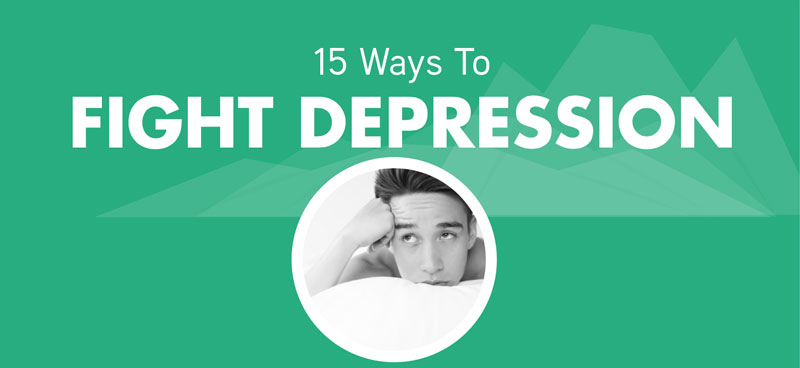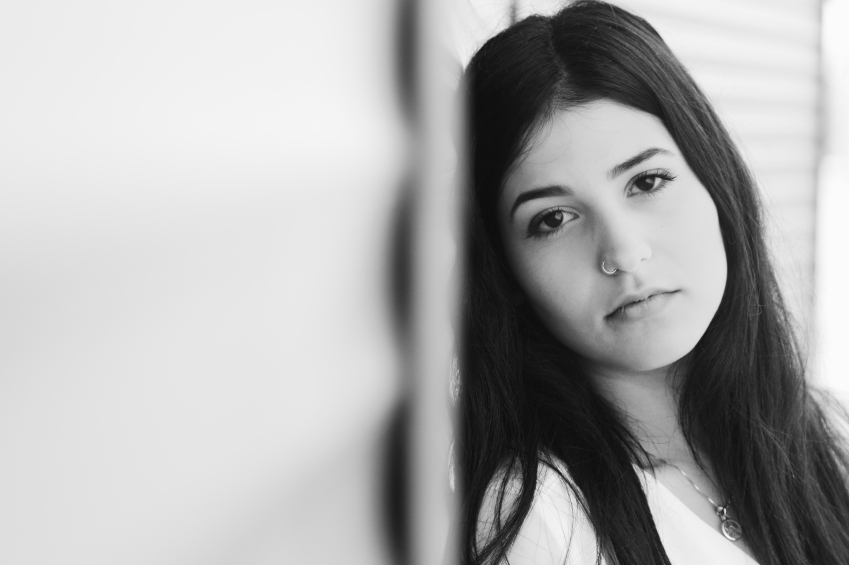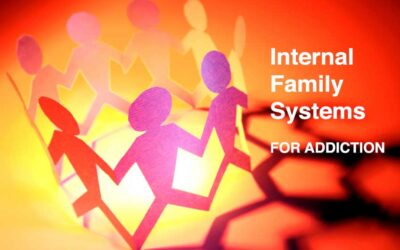It may come as a surprise to some, but sadness and depression are not the same.
It would be easy to mistake the two if we simply listen to how people generally talk about their feelings when they are having a bad day or feeling down for some reason.
Most people tend to use the terms sad and depressed interchangeably, not knowing what the difference really is.
This confusion, however, does a disservice to us since it inadvertently gives sadness a negative reputation, while also minimizing and confusing the issues that are really at stake when someone is truly depressed.
I therefore want to clarify this confusion once and for all and make it clear why depression is not always about being sad.
What is sadness?
We all feel sad sometimes. Sadness is part of the normal human spectrum of emotions, just like anger, happiness, fear, and so on. In fact, the ability to feel sad is a sign of healthy human functioning. Sadness is how we cope with loss and reinvest our energy in something new that takes the place of what we have lost.
We feel sad when we lose a relationship, but also when we lose a job opportunity, or when we reminisce about good moments in childhood which are no longer part of our lives.
Sadness in this sense is the indication that we have lived fully, that we have dared to love, that we have dreamed of things, and that we have enjoyed life. And loss, of course as we all know, is an inevitable part of life since life is ultimately a change process.
What is Depression?
So now that we know what sadness is about, let’s discuss how it is different from being depressed.
Depression, is different from sadness in many important ways.
Unlike sadness, it is not an emotion. Rather, it is a response to not dealing well with one’s emotions.
Studies have shown that depression often relates to a person’s difficulty with accepting, tolerating, or expressing certain emotions.
It short-circuits emotions because something about these emotions seems overwhelming, threatening, or uncomfortable. The result then is a sense of being stuck in certain emotions or a general flattening of emotional experience that leads to lack of vitality and lack of excitement.
Hence a frequent cause of depression is the inability to tolerate loss and the experience of sadness.
Rather than allowing the natural process of grieving to occur, a person who finds it difficult to let themselves be sad, may instead numb themselves to feeling, collapse into helplessness, or let it affect their basic sense of worth.
In these cases sadness is no longer experienced and expressed as part of the natural process of life, but is instead short-circuited and turned into a depressed state.
Depression is in this sense not an emotion, but an anti-emotion. It is a result of life turning against life, or forces from within working against the natural process of living fully.
But isn’t Depression about Feeling Sad?
Research performed by emotion-focused psychologists Leslie Greenberg and Jeanne Watson, has actually found a greater connection between depression and anger, than depression and sadness.
Only in 39% of the cases studied did depression involve themes related to loss or sadness, whereas it involved anger in 66%.
By anger, I of course mean, unexpressed or repressed anger which keeps a person in a powerless or subordinate position, or expressed anger that masks underlying feelings of low self-esteem or unfulfilled needs.
It has been noted in particular that when men become depressed they are more likely to express outward anger than to feel inwardly sad. This is because men in general feel less comfortable and have been less encouraged by our society to fully embrace sadness as an acceptable emotion.
The relation between depression and emotion is therefore much more complex than we normally think of when we simply conflate feeling sad with being depressed.
What is the Cure for Depression?
Since depression often short-circuits the natural experience and expression of emotion, the cure for depression often consists of helping people experience, express, and cope with their banished or threatening emotions.
This process often involves the following components:
- Freeing up blocked or inhibited anger or sadness so it can be dealt with and understood
- Helping a person work through fear, shame, or guilt about acknowledging, embracing and expressing their natural emotional responses
- Helping a person not feel overwhelmed by their emotions
- Helping a person discover the cause of the emotional responses that have been blocked or deemed threatening, in particular the underlying unmet need for love, safety, approval, or mastery
Allowing oneself to be sad as a means of coming to terms with some loss or unfulfilled wish is oftentimes part of this process, but the process also often involves resolving other stuck points as they may relate to anger, fear, shame, or guilt.
The ability to feel sad fully without stopping the process prematurely due to discomfort or fear is therefore often part of the antidote to depression and not part of the problem of depression itself.
As you can now see sadness and depression are very different entities and should not be confused. Although depression may involve sadness, it often distorts or blocks sadness from its true purpose. Depression is therefore often just a way station on a journey toward fully recuperating one’s emotions, including the ability to experience and express sadness as a natural part of life.
About Me:
I am Rune Moelbak, Ph.D., a psychologist in Houston Texas. I specialize in helping people get unstuck from their depression by using a variety of the most effective psychological methods. You can learn more about therapy for depression by visiting my website.
If you like this article, you might also like:

Learn 15 of the most effective psychological techniques to beating the blues.







